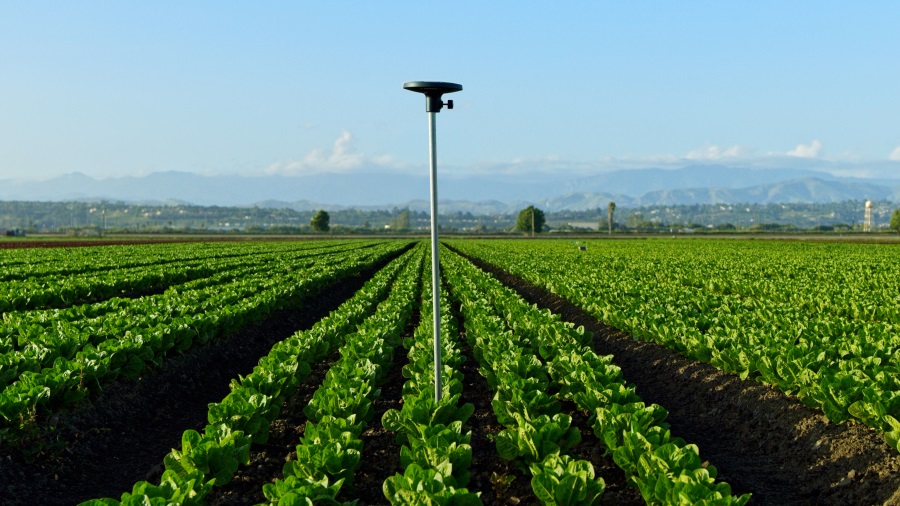There is a pressing need for social transformation and action around food systems and 2021 will be a pivotal year for taking bold, substantive action. In the report “Food system impacts on biodiversity loss” issued by London-based Chatham House, the sustainability and equitability organization outlines three levers for addressing biodiversity loss that is affecting every corner of the globe.
“The ‘planetary health’ concept underlines the intrinsic link between humanity’s well-being and the health of the global ecosystem, and the need to ensure the vitality of ecosystems essential for our survival.”
Here is a summary of the Chatham House report that offers a framework for addressing one of the biggest challenges of our time:
one of the biggest challenges of our time:
The Challenge
The global food system is the primary driver of biodiversity loss as natural ecosystems are converted for crop production or pasture has been the principal cause of habitat loss. 49% of Earth’s habitable land is used for agriculture (about 51 million square kilometers). Of that habitable land, 78% is used for farmed animals, meat, and dairy (40 million square kilometers) and 22% is used for crops (11 million square kilometers).
The food system has accelerated by decades of a “cheaper food” paradigm. Intensive food production degrades soils and ecosystems, drives down the productive capacity of the land and relies on inputs (e.g., fertilizer, pesticides, energy, land, and water). The food system is a major contributor to global gas emissions and climate change — when habitats are destabilized from land conversion and climate change, species disperse and come into contact and competition with each other, thus setting the stage for the emergence of infectious disease and novel zoonoses.
The Solution
The solution is comprehensive food system reform, which relies on the following three levers:
- Global dietary focus on plant-based eating.
- More land needs to be protected and set aside for nature.
- Farming in a more nature-friendly, biodiversity supporting way (i.e., limiting the use of inputs and replacing monoculture with polyculture farming practices).
The food system includes every touchpoint and stakeholder, including production, transport, manufacturing, retailing, consumption, and waste of food. It impacts nutrition, human health and well-being, and the environment. Each product has its own supply chain, which is how it gets to consumers.
2021 offers a unique window of opportunity as governments invest in a “green recovery” with a focus on sustainability and regenerative agriculture and meet in a series of international summits and conferences, including the first-ever UN Food Systems Summit (UNFSS).
In conclusion, food system reform requires a global effort bringing together data, awareness, and new processes. Reform must be equitable and inclusive. By shifting the global dietary focus, protecting land, and evolving farming practices, we can collectively stave off future biodiversity losses, protect fragile ecosystems and at-risk species, and find our way to a more stable food system.










